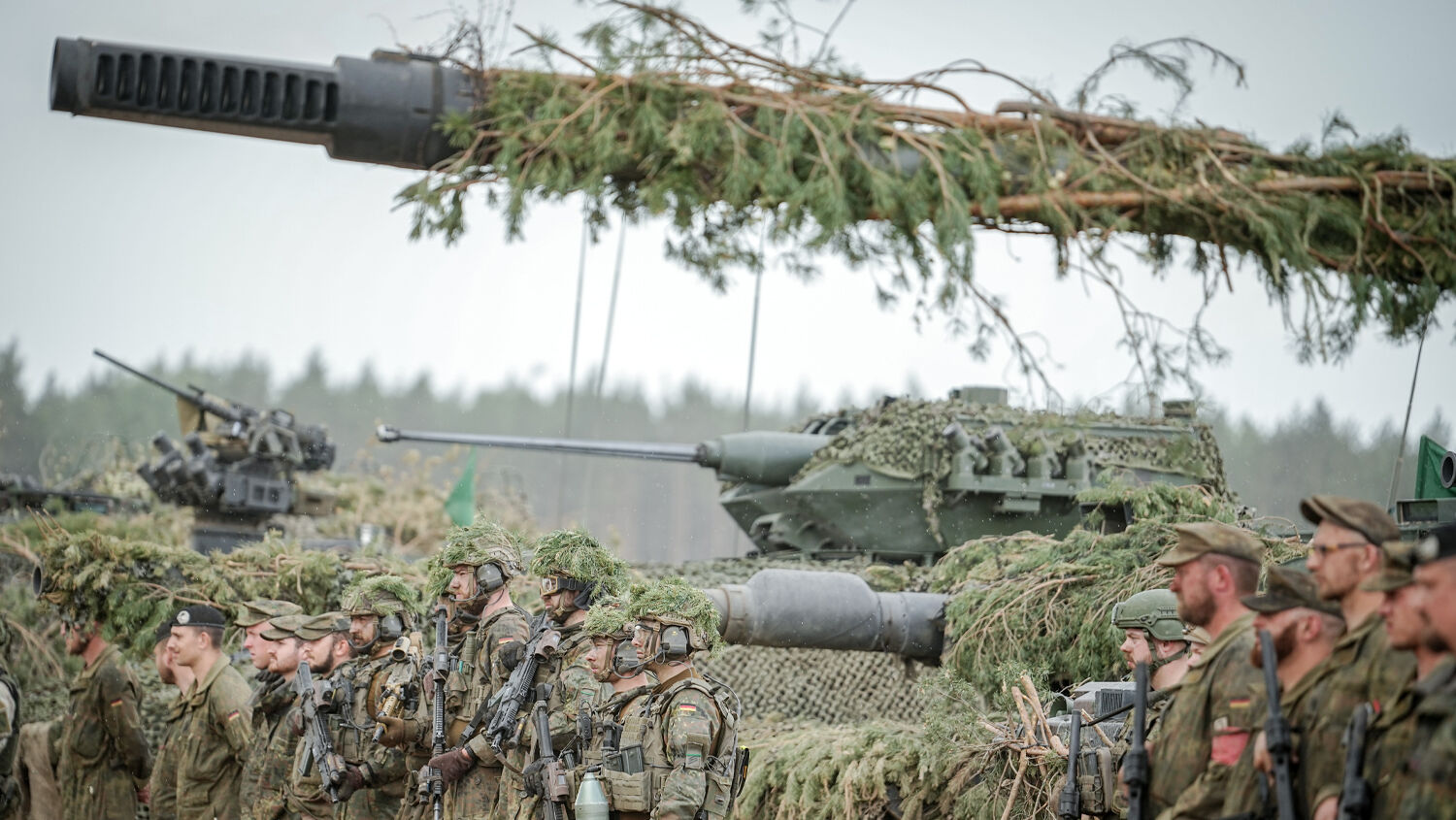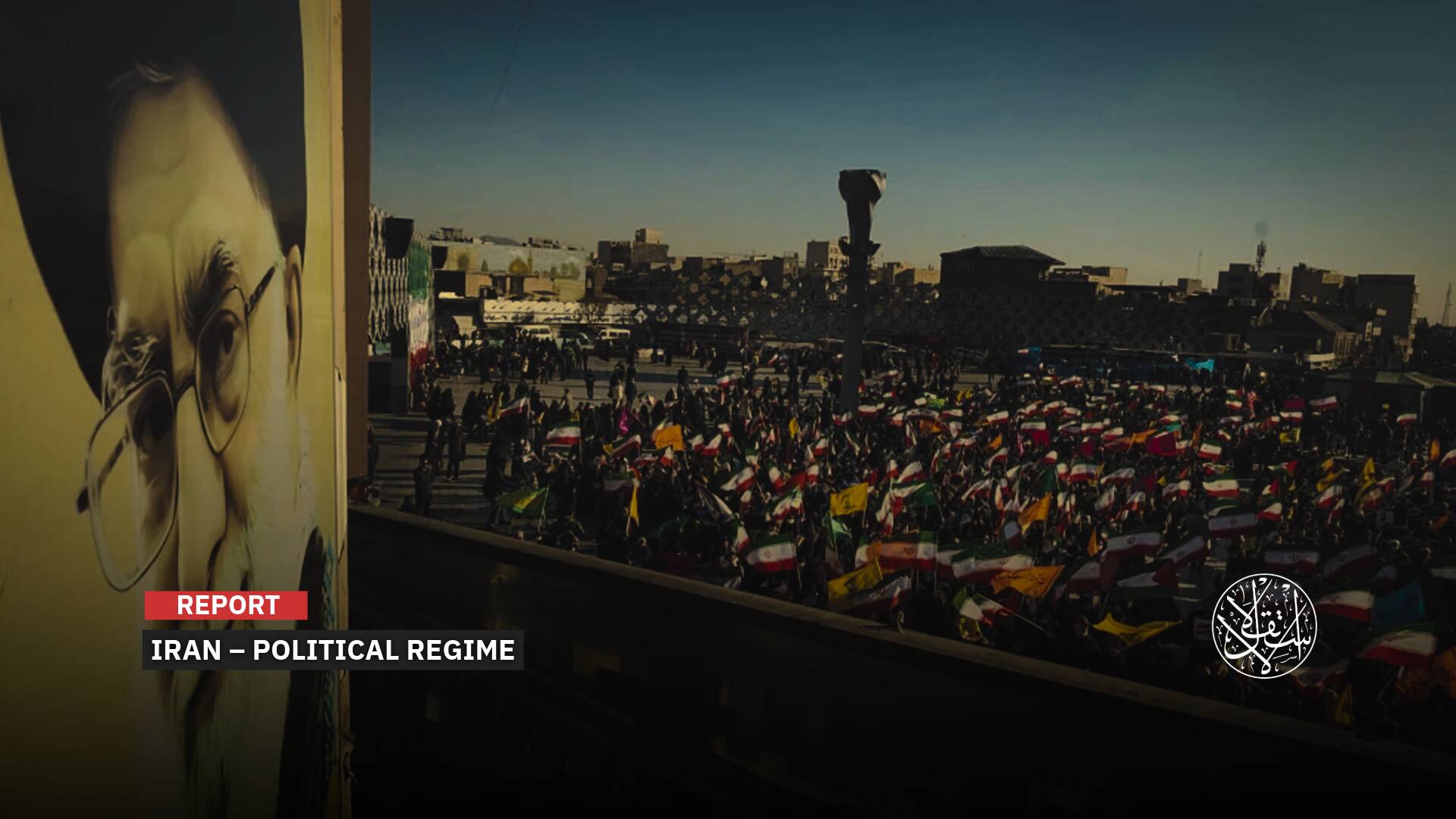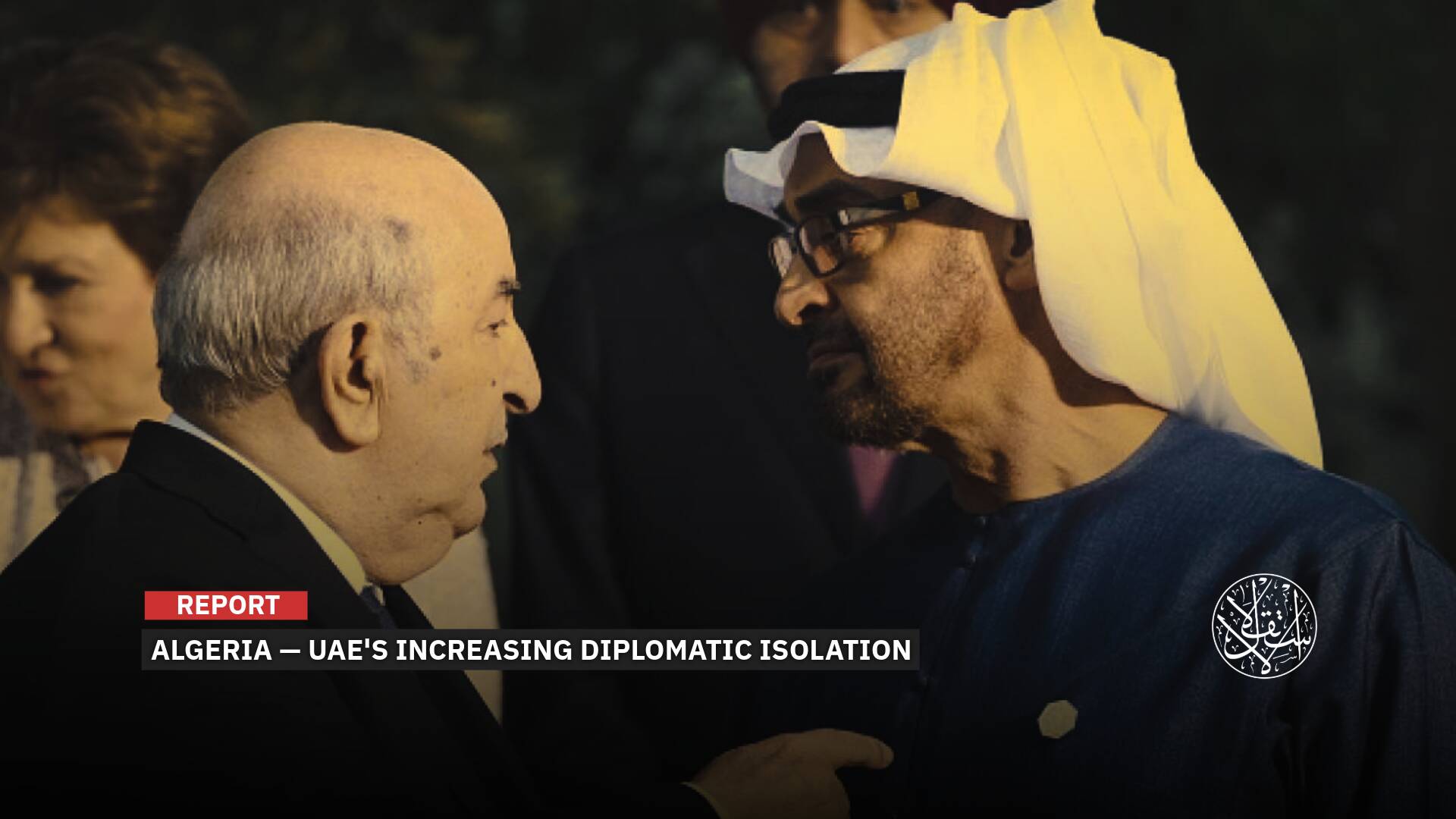After Decades of Neglect: Why Is Germany Currently Planning Huge Military Investments?

“At the end of last year, Germany had a little over 181,000 soldiers.”
Amid global geopolitical turmoil and its drive to become a leading military power, the German military has received the green light in recent weeks for a massive arms buildup, following a parliamentary vote to exempt defense spending from strict debt rules.
This shift reflects a rare public and political consensus in a country known for its fiscal discipline and historical reliance on American protection.
However, it comes as a response to growing threats and shifts in international alliances after decades of neglecting defense investments.
Last month, new German Chancellor Friedrich Merz announced millions of euros in military and infrastructure investments, including strengthening the defense industry, concluding major arms deals, and increasing military aid to Ukraine.
But there are questions about Berlin's ability to adhere to these ambitions, especially given its history of repeatedly failing to achieve its military and spending targets.
In turn, German Army Chief General Carsten Breuer recently warned that NATO must prepare for a potential attack by Russia within the next four years.
Defense Spending
Germany recently asked the European Commission to exempt Berlin from borrowing limits to boost defense spending and counter the growing military threat from Russia.
Outgoing German Finance Minister Jorg Kukies, in a letter to Brussels, called for the activation of the EU's national exemption clause, which would allow Berlin to increase defense spending by 1.5% of GDP annually for four years without violating the bloc's fiscal rules.
A Commission spokesperson confirmed receipt of the letter on April 28, noting that Germany is the only EU country to have applied to benefit from this scheme.
Germany's decision to activate this clause comes after Chancellor Friedrich Merz's governing coalition agreed to a €1 trillion defense and infrastructure package for 2025, overturning decades of fiscal austerity in the EU's largest economy.
The European Commission claimed that activating the exemption clause would boost defense spending by up to €650 billion if all member states gradually increased spending by an additional 1.5% of annual GDP over the next four years.
Activating this clause is a key component of the European Commission's ‘Re-Armed Europe’ plan, which includes €150 billion in cheap loans for joint defense projects.
However, only a few EU countries have expressed interest in invoking the clause, amid concerns that sudden increases in defense spending could unsettle bond investors on the continent.
Eight countries, including France, Italy, and Poland, are currently subject to excessive deficit procedures for violating the EU's 3% fiscal limit.
Portugal is the only country to have explicitly announced it will seek to invoke the clause, and Poland recently confirmed it is seriously considering invoking it.
Belgium and Bulgaria have also not ruled out applying to benefit from the plan, according to government officials.

Military Revolution
The Russia-Ukraine war has placed Germany in fourth place in defense spending globally; this is a rate unprecedented since the end of the Cold War, placing it behind the United States, China, and Russia.
Germany spent $88.5 billion on its military in 2024, a 28% increase over the previous year, surpassing all other Central and Western European countries in spending for the first time since reunification (1990).
Last March, the German parliament approved a historic package of constitutional reforms that included changes to debt policies to enable increased defense spending.
Subsequently, the President of the Federal Office of Bundeswehr Equipment, Annette Lehnigk-Emden, announced rapid orders for tanks and ammunition.
Germany had accelerated defense spending after allocating €100 billion to its military modernization fund and began investing in Leopard tanks, Taurus missiles, and air defense systems.
The German-led European Air Shield project aims to build an integrated air defense system to protect European airspace.
At the upcoming NATO summit in The Hague, from June 24 to 26, the future of military deterrence policy in Europe is scheduled to be discussed, as well as the adoption of a new defense plan in response to Russia's ongoing defensive moves.
According to the CPM Defense Network, Germany is required, under the plan, to provide at least 395,000 soldiers—a number far exceeding its current troop strength.
The current active-duty Bundeswehr ranks around 183,000, and including reserves, the number is estimated at around 260,000.
To meet NATO requirements, more than 100,000 additional soldiers would need to be trained and employed, meaning a return to Cold War-era troop levels.
So far, Germany has already missed a target of boosting its ranks by 20,000 soldiers, to 203,000, and lowering the average age from 34.
Germany abandoned conscription in 2011 due to the belief that the time for war was over and that funds spent on the military could be better spent on social and health sectors.
The challenges facing Germany are not limited to human resources. Its army already suffers from a recruitment deficit, in addition to its eroding defense infrastructure.
Rebuilding an army of this size requires a military-industrial revolution, long-term strategic partnerships, an integrated armament plan, and a return to compulsory military service, a matter that continues to provoke widespread internal divisions.
If Germany fails to achieve this turn as required, the future of European deterrence will be at stake.
If it succeeds, however, Berlin will become a military center of gravity in Europe, with the opportunities and risks that this entails.

Serious Deficiencies
A recent report published by Der Spiegel magazine highlighted what it called the weak performance of German weapons in Ukraine, describing their performance as devastating.
It pointed out that the war in Ukraine has put the weapons supplied by Germany to a rigorous test, and revealed serious flaws in NATO weapons systems used on the Ukrainian front.
The report explained that the analysis, based on an official document issued by the German embassy in Kyiv, describes the performance of equipment such as modern Panzerhaubitze 2000 self-propelled artillery systems as fragile and its reliability in wartime conditions as questionable.
According to a Der Spiegel investigation, Leopard tanks, along with air defense systems such as the Iris-T and Patriot, suffer from problems related to ammunition shortages and outdated systems.
The document, which was recorded during a lecture given to young officers from the German army, raises doubts about the true combat effectiveness not only of German weapons, but of NATO's entire arsenal.
On her part, Armed Forces Commissioner Eva Hogl revealed a severe shortage of ammunition and personnel, pointing to dilapidated barracks, while the renovation budget alone was estimated at approximately $72 billion.
In another context, the German military is lagging behind in the use of drones. Several previous attempts to independently develop drones have failed in the past.
In 2013, the Euro Hawk drone program was halted due to a lack of European airspace approval—even though its cost had already reached €700 million.
However, Germany’s Ministry of Defense recently decided to change course, and the military is scheduled to receive modern attack drones equipped with explosive devices this year, similar to those used by other militaries.
In December 2022, reports showed that less than 30% of naval vessels were operational, while fighter jets and ground equipment were severely in short supply, and soldiers lacked basic equipment such as helmets and ammunition.

However, while Germany's rearmament is more necessary now than ever, it has worrying long-term consequences.
Europeans enjoyed a long period of peace after World War II because they rejected the notion that war was a means of resolving conflicts and established non-military institutions, such as the EU, to resolve their differences.
With nationalism and populist rhetoric on the rise in several European countries, from Poland to Italy, strengthening German power could fuel these trends rather than curb them.
Moreover, this could have repercussions within Germany itself, where the far-right Alternative for Germany (AfD) is gaining ground with each new election.
Observers believe that the army, rebuilt by centrist, pro-European governments, could later fall into the hands of leaders willing to revisit the German border issue or prioritize military threats over European cooperation.
Reports indicate that Moscow is seeking to thwart this German transformation through cyber sabotage and assassination attempts—as occurred last year with the attempted assassination of Armin Papperger, the CEO of Rheinmetall, Germany's biggest arms manufacturer.
Sources
- Germany triggers EU’s emergency clause for defense spending
- Unprecedented rise in global military expenditure as European and Middle East spending surges
- Germany Wants to Be a Military Powerhouse. Can It Pull It Off?
- Germany's parliament backs incoming leader's plans for huge boost in defense spending, but can he deliver?
- German weapons systems apparently only partially capable of war [German]












